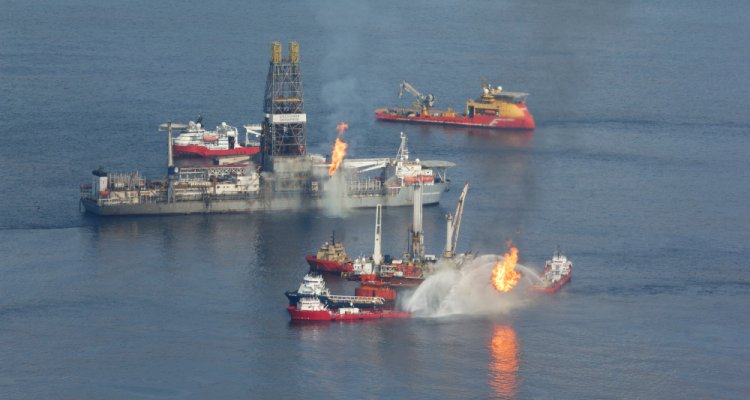
Project
BestBioSurf
BestBioSurf is an international project that aims at producing novel and eco-friendly biosurfactants in a cost-effective manner through initial pilot validation in laboratory settings, to a larger bio-process scale up.
The role of the Marine Animal Ecology group of Wageningen University in BestBioSurf is to test the newly developed surfactants for their potency to induce excessive production of extracellular polymer substances (EPS) in microbial/phytoplankton communities. Inducing such EPS production can be a negative side effect of surfactants that are used as an oil spill response strategy, and can result in substantial impact on the benthic ecosystem, as was first observed after the Deepwater Horizon oil spill in the Gulf of Mexico. The ultimate challenge is thus to produce an effective oil dispersant without this negative feature.
